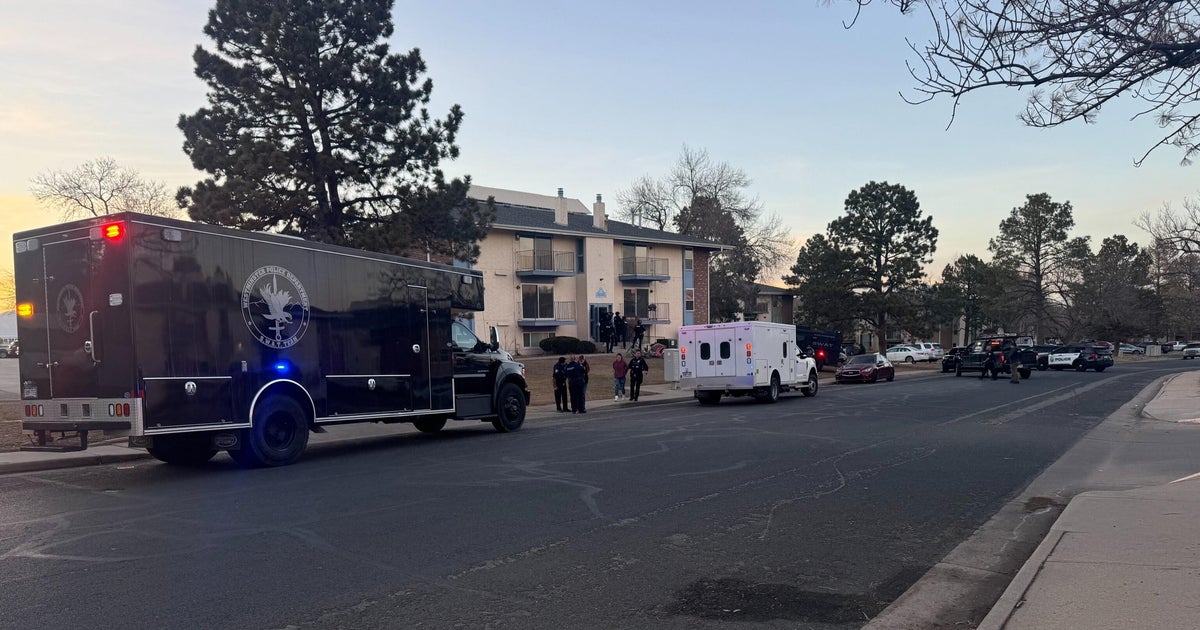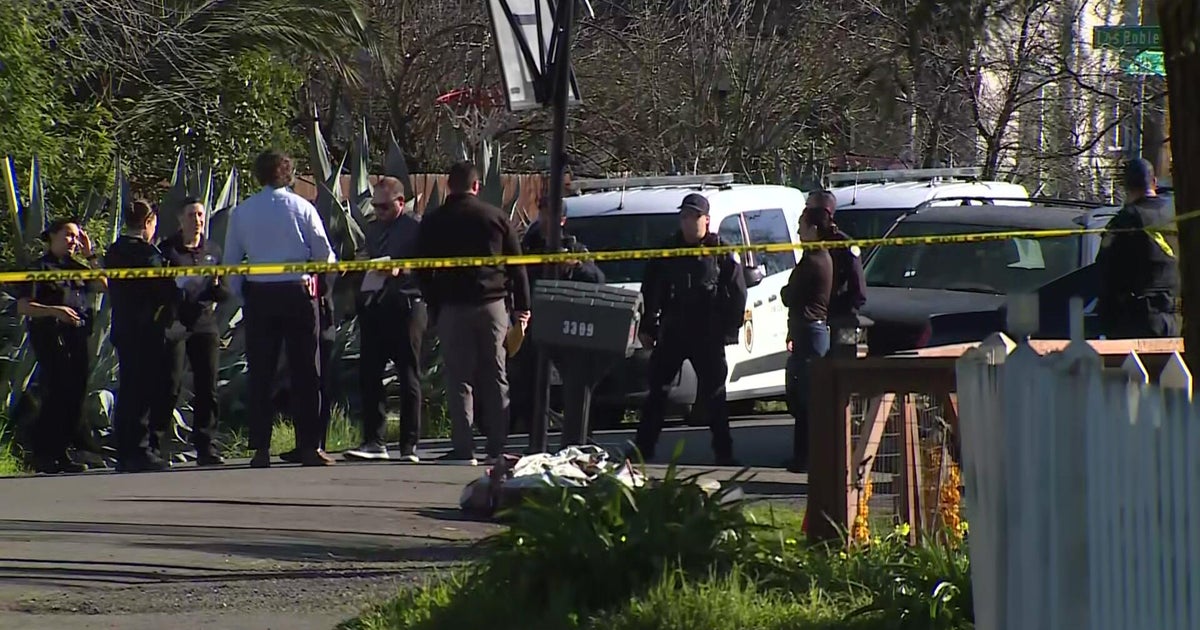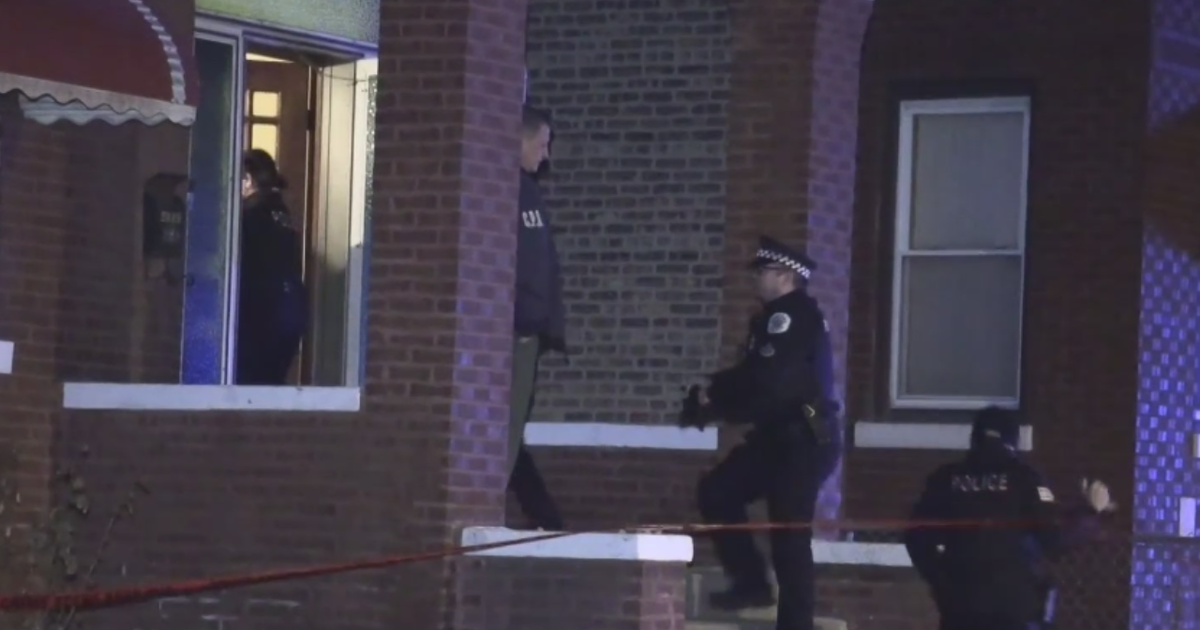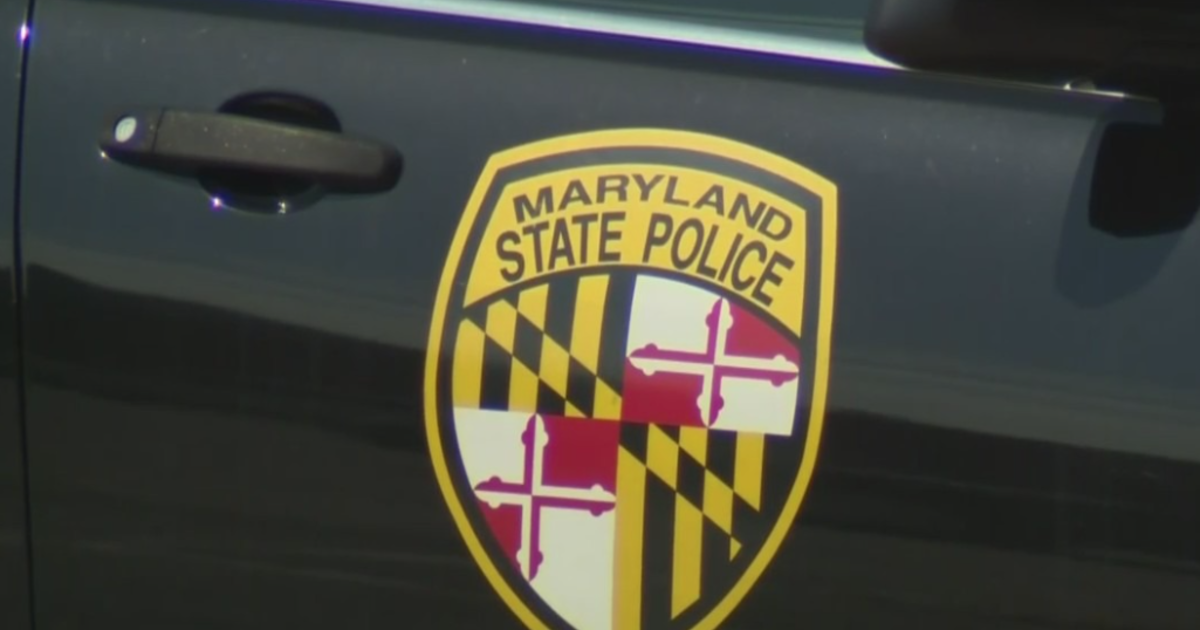A Closer Look At The Opioids Found At Paisley Park
MINNEAPOLIS (WCCO) -- The search warrants released Monday in connection to Prince's death say that when investigators searched Paisley Park last year they found opioids hidden in over-the-counter medication bottles.
The initial search turned up more than 100 opioid pills stashed in various locations around Paisley Park. The search warrants do not reveal any findings of fentanyl, the powerful opioid that medical officials say killed Prince last April.
The newly-released search warrants list a Bayer Aspirin bottle with 64 and-a-half pills with the label Watson 853. There was also an Aleve bottle with 20 and-a-half pills with the same imprint.
Watson 853 is the label for the opioid hydrocodone-acetaminophen, the brand name is Vicodin.
Dr. Anne Pylkas, a medical addiction expert who is not connected to Prince's case, says hiding opioids in over-the-counter bottles is something she often sees.
"I would say it's pretty common," she said, "especially if they did not come in their own prescription bottles."
Also found at Paisley Park were 10 white round pills in a CVS bottle with an imprint of A-349. Pylkas says those pills are likely Percocet.
The prescription is in the name of Prince's bodyguard, Kirk Johnson.
One search warrant says Dr. Michael Schulenberg admitted to putting a prescription in Johnson's name to protect Prince's privacy.
Other medications were found in the backpack of Andrew Kornfeld, the son of a California addiction doctor who made the 911 call the day Prince died.
Kornfeld, who is not a doctor, had two forms of the opioid Suboxone, a highly-regulated withdrawal medication that only specially trained physicians can prescribe.
"The physician has to have had this extra training...the patient has to be evaluated by the physician before treatment begins," Pylkas said.
Kornfeld's attorney said last year he is protected by a Minnesota law that shields anyone who is trying to help someone overdosing.
It is against the law for a doctor to prescribe a medication in another person's name.
In a statement Monday, Schulenberg's attorney denied he had ever directly prescribed opioids to Prince. She also denied he ever prescribed opioids to any other person with the intent they be given to Prince.
The investigation into Prince's death remains on-going.







